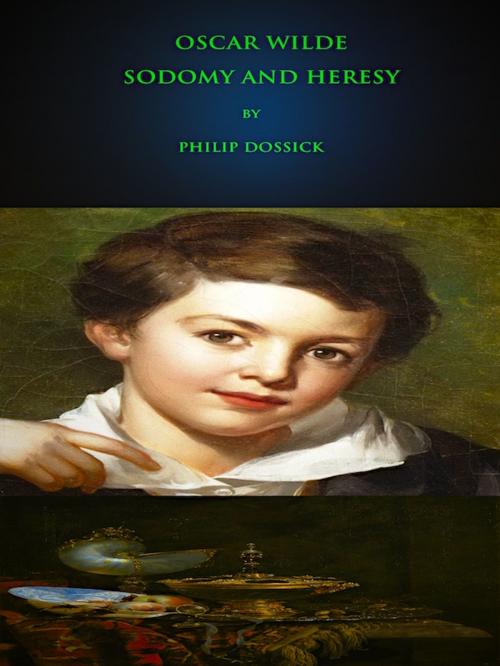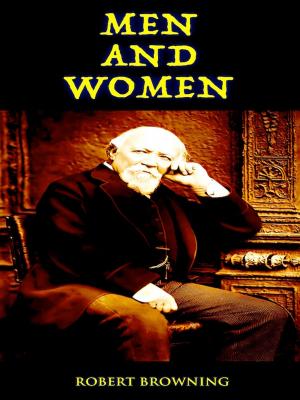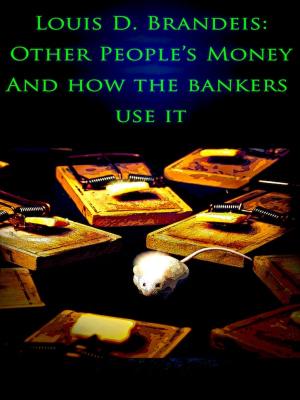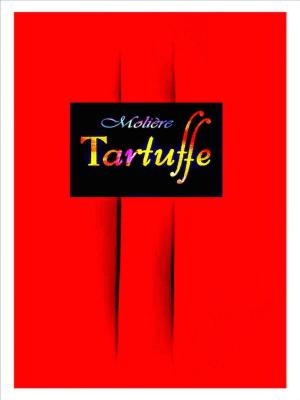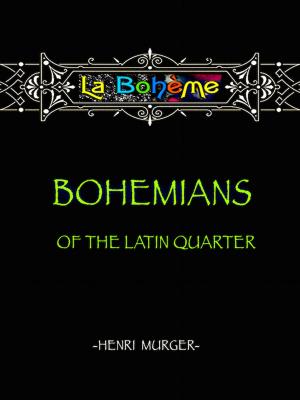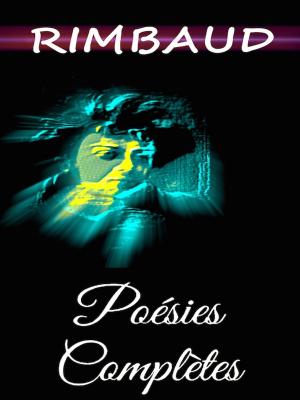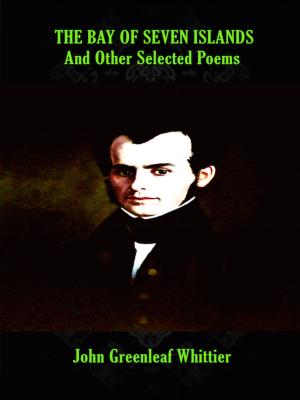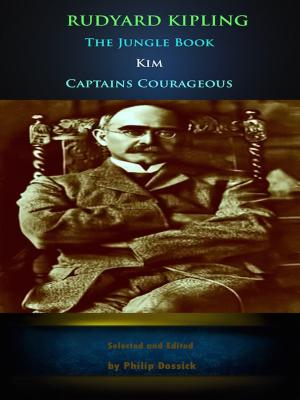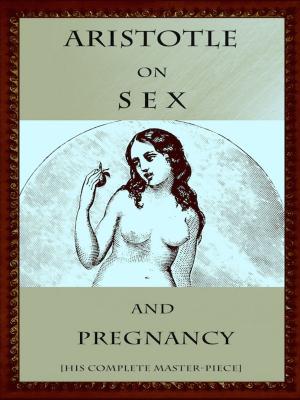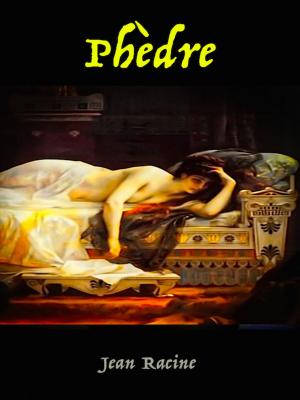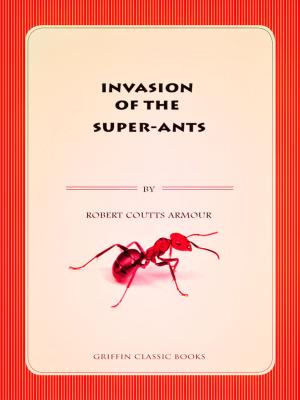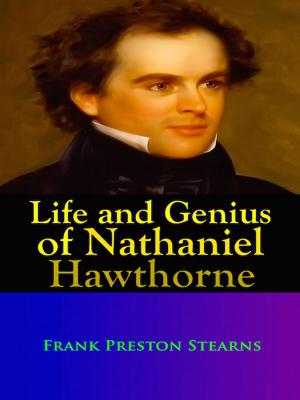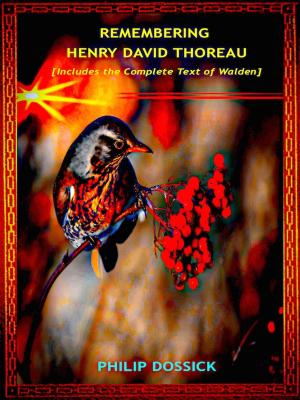| Author: | Philip Dossick | ISBN: | 1230000286405 |
| Publisher: | Editions Artisan Devereaux LLC | Publication: | December 17, 2014 |
| Imprint: | Language: | English |
| Author: | Philip Dossick |
| ISBN: | 1230000286405 |
| Publisher: | Editions Artisan Devereaux LLC |
| Publication: | December 17, 2014 |
| Imprint: | |
| Language: | English |
Prisoner C.3.3.
“...I wanted to eat of the fruit of all the trees in the garden of the world. And so, indeed, I went out, and so I lived.
“My only mistake was that I confined myself so exclusively to the trees of what seemed to me the sun-lit side of the garden; and shunned the other side for its shadow and its gloom...”
—Oscar Wilde
Oscar Wilde is notably celebrated as an artist persecuted for his homosexuality, a martyr for the cause of gay rights.
He was prosecuted for "acts of gross indecency with other male persons," (sodomy) subsequently found guilty, and sentenced to two years hard labor at Reading Gaol prison.
He became known as “prisoner C.3.3.”
The famed writer of Dorian Gray and The Importance of Being Earnest brought attention to his private life in a feud with Sir John Douglas, the Marquess of Queensbury, whose son, twenty two year old Lord Alfred Douglas, was intimately involved with Wilde.
At this time, homosexuality was both a crime, and a grave societal taboo in Britain.
After Douglas, an uncompromising homophobe, began widely publicizing his objections to Wilde's flagrant behavior, Wilde felt duty-bound to sue him for libel in the spring of 1895.
In his defense, Douglas argued that Wilde had solicited at least 12 boys to commit sodomy, between 1892 and 1894.
On only the third day of the proceedings, Wilde's lawyer withdrew the suit, since there was more than ample evidence of his client's guilt.
After that, the Crown issued a warrant for Wilde's arrest on indecency charges.
Rather than flee to France, as he had been advised to do by many of his supporters, including playwright George Bernard Shaw, Wilde decided to remain, and stand trial.
At a preliminary bail hearing, chambermaids testified that they had seen young men in Wilde's bed, and a hotel housekeeper stated that there were fecal and other stains on his bed sheets.
Wilde was denied bail.
At Wilde's first criminal trial, he was cross-examined extensively on the "love that dare not speak its name."
Wilde managed to secure a mistrial, when a single juror refused to vote to convict.
His fateful second trial began on May 21, 1895.
Although many of the potential witnesses refused to betray Wilde by testifying against him, he was subsequently found guilty of all charges.
At his sentencing, the judge remarked: "It is the worst case I have ever tried. I shall pass the severest sentence that the law allows. In my judgment it is totally inadequate for such a case as this. The sentence of the Court is that you be imprisoned and kept to hard labor for two years."
Wilde served his two years, then spent the last three years of his life in exile.
He died at the age of 45 and was buried in Paris.
● Contains bonus material: The Picture Of Dorian Gray, Oscar Wilde’s only novel. Translated into virtually every modern language, it has not been out of print since 1890.
The Picture of Dorian Gray is one of Oscar Wilde’s genuine masterpieces; a fascinating work of artistry deserving of the label in a thousand different ways. It can be found on countless lists of the finest literary works of all time, and is one of his major achievements.
Brimming with powerful homoerotic imagery and symbolism, its intensity sustained by roguish irony and moments of exquisite beauty, Wilde’s masterpiece is one of the most profoundly debauched creations in literary history. It has thrilled readers for over one hundred years.
As Publisher’s Weekly noted, “The Picture of Dorian Gray categorically changed Victorian Britain and the landscape of literature. An ostentatious, self-confessed aesthete, known for his wit and intellect, Wilde not only had to endure his prose being labeled "poisonous" and "vulgar," but also suffer its use as evidence in his ensuing trial, resulting in his eventual imprisonment for crimes of "gross indecency."
OSCAR WILDE (1854–1900) was an Irish poet, novelist, playwright, essayist, and short story writer. He is perhaps best known for Salomé, The Importance of Being Earnest, Lady Windermere’s Fan, A Woman of No Importance, An Ideal Husband, De Profundis, The Ballad of Reading Gaol, and The Picture of Dorian Gray. He is considered a literary colossus, and a central figure in the development of the modern novel.
PHILIP DOSSICK is the New York Times critically acclaimed writer and director of the motion picture The P.O.W. He has written for television, including the outstanding drama, Transplant, produced by David Susskind for CBS. His most recent books include Aztecs: Epoch Of Social Revolution, Sex And Dreams, Mark Twain In Seattle, The Naked Citizen: Notes On Privacy In The Twenty-First Century, Raymond Chowder And Bob Skloot Must Die, The Deposition, Vincent Van Gogh: Madness And Magic, Oscar Wilde: Sodomy And Heresy, Abraham Lincoln: 5 Speeches that Changed America, Martin Luther King: 5 Speeches that Changed America, and Nelson Mandela: 5 Speeches that Changed South Africa.
Prisoner C.3.3.
“...I wanted to eat of the fruit of all the trees in the garden of the world. And so, indeed, I went out, and so I lived.
“My only mistake was that I confined myself so exclusively to the trees of what seemed to me the sun-lit side of the garden; and shunned the other side for its shadow and its gloom...”
—Oscar Wilde
Oscar Wilde is notably celebrated as an artist persecuted for his homosexuality, a martyr for the cause of gay rights.
He was prosecuted for "acts of gross indecency with other male persons," (sodomy) subsequently found guilty, and sentenced to two years hard labor at Reading Gaol prison.
He became known as “prisoner C.3.3.”
The famed writer of Dorian Gray and The Importance of Being Earnest brought attention to his private life in a feud with Sir John Douglas, the Marquess of Queensbury, whose son, twenty two year old Lord Alfred Douglas, was intimately involved with Wilde.
At this time, homosexuality was both a crime, and a grave societal taboo in Britain.
After Douglas, an uncompromising homophobe, began widely publicizing his objections to Wilde's flagrant behavior, Wilde felt duty-bound to sue him for libel in the spring of 1895.
In his defense, Douglas argued that Wilde had solicited at least 12 boys to commit sodomy, between 1892 and 1894.
On only the third day of the proceedings, Wilde's lawyer withdrew the suit, since there was more than ample evidence of his client's guilt.
After that, the Crown issued a warrant for Wilde's arrest on indecency charges.
Rather than flee to France, as he had been advised to do by many of his supporters, including playwright George Bernard Shaw, Wilde decided to remain, and stand trial.
At a preliminary bail hearing, chambermaids testified that they had seen young men in Wilde's bed, and a hotel housekeeper stated that there were fecal and other stains on his bed sheets.
Wilde was denied bail.
At Wilde's first criminal trial, he was cross-examined extensively on the "love that dare not speak its name."
Wilde managed to secure a mistrial, when a single juror refused to vote to convict.
His fateful second trial began on May 21, 1895.
Although many of the potential witnesses refused to betray Wilde by testifying against him, he was subsequently found guilty of all charges.
At his sentencing, the judge remarked: "It is the worst case I have ever tried. I shall pass the severest sentence that the law allows. In my judgment it is totally inadequate for such a case as this. The sentence of the Court is that you be imprisoned and kept to hard labor for two years."
Wilde served his two years, then spent the last three years of his life in exile.
He died at the age of 45 and was buried in Paris.
● Contains bonus material: The Picture Of Dorian Gray, Oscar Wilde’s only novel. Translated into virtually every modern language, it has not been out of print since 1890.
The Picture of Dorian Gray is one of Oscar Wilde’s genuine masterpieces; a fascinating work of artistry deserving of the label in a thousand different ways. It can be found on countless lists of the finest literary works of all time, and is one of his major achievements.
Brimming with powerful homoerotic imagery and symbolism, its intensity sustained by roguish irony and moments of exquisite beauty, Wilde’s masterpiece is one of the most profoundly debauched creations in literary history. It has thrilled readers for over one hundred years.
As Publisher’s Weekly noted, “The Picture of Dorian Gray categorically changed Victorian Britain and the landscape of literature. An ostentatious, self-confessed aesthete, known for his wit and intellect, Wilde not only had to endure his prose being labeled "poisonous" and "vulgar," but also suffer its use as evidence in his ensuing trial, resulting in his eventual imprisonment for crimes of "gross indecency."
OSCAR WILDE (1854–1900) was an Irish poet, novelist, playwright, essayist, and short story writer. He is perhaps best known for Salomé, The Importance of Being Earnest, Lady Windermere’s Fan, A Woman of No Importance, An Ideal Husband, De Profundis, The Ballad of Reading Gaol, and The Picture of Dorian Gray. He is considered a literary colossus, and a central figure in the development of the modern novel.
PHILIP DOSSICK is the New York Times critically acclaimed writer and director of the motion picture The P.O.W. He has written for television, including the outstanding drama, Transplant, produced by David Susskind for CBS. His most recent books include Aztecs: Epoch Of Social Revolution, Sex And Dreams, Mark Twain In Seattle, The Naked Citizen: Notes On Privacy In The Twenty-First Century, Raymond Chowder And Bob Skloot Must Die, The Deposition, Vincent Van Gogh: Madness And Magic, Oscar Wilde: Sodomy And Heresy, Abraham Lincoln: 5 Speeches that Changed America, Martin Luther King: 5 Speeches that Changed America, and Nelson Mandela: 5 Speeches that Changed South Africa.
